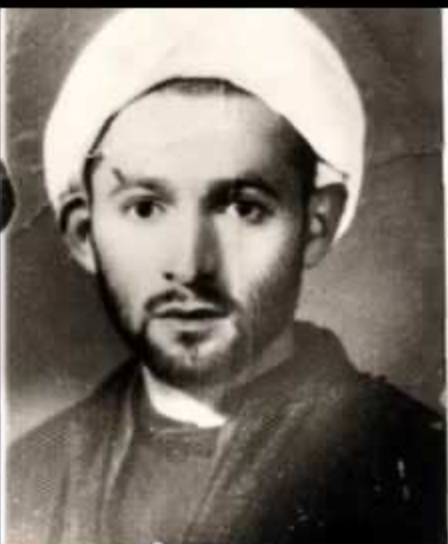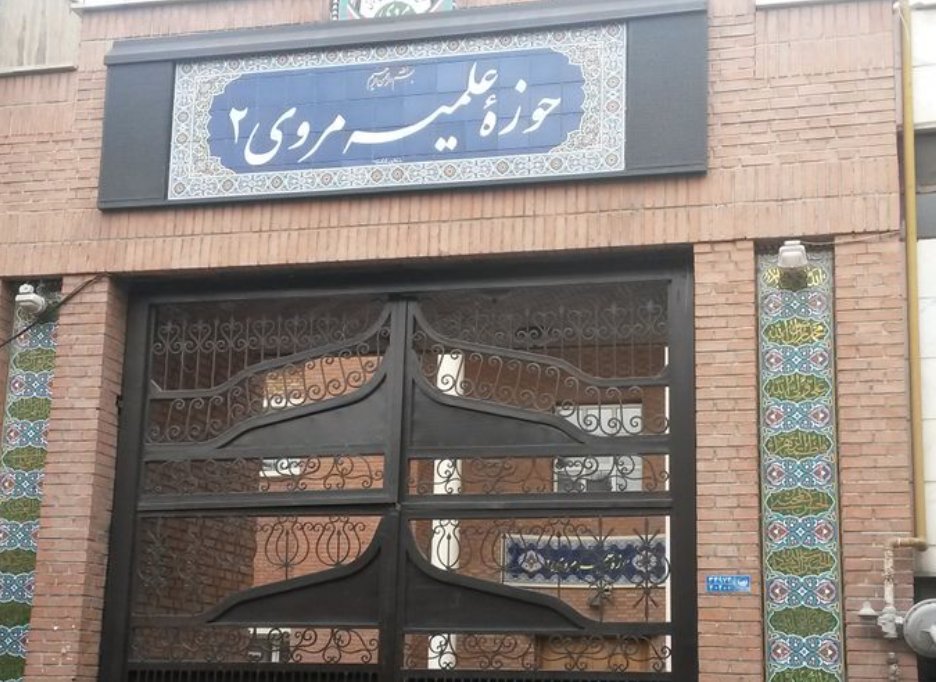Despite the fact that there are at least 80 million native speakers of #Urdu and that it is a language used in #Muslim seminaries as far a field as #SouthAfrica #UK and #Myanmar there seems to be little scholarship on Urdu #QuranExegesis and translation - a thread 1/
The earliest translations seem to have been completed in #NorthIndia by Shāh ʿAbd al-Qādir (d. 1815), son of the famous Shāh Walīullāh (d. 1762) but lesser known is the contemporary translation by the #Shii scholar Sayyid ʿAlī (1785-1823), son of Sayyid Dildār ʿAlī (d. 1820) 2/ 

The former remains in print and this is due to the easy to read language - the latter has not remained in print due to its high Persianate style and was quickly superseded by the translations of Maulānā Farmān ʿAlī (1853-1916) and Sayyid Maqbūl Aḥmad Dihlavī (1870-1921) 3/ 

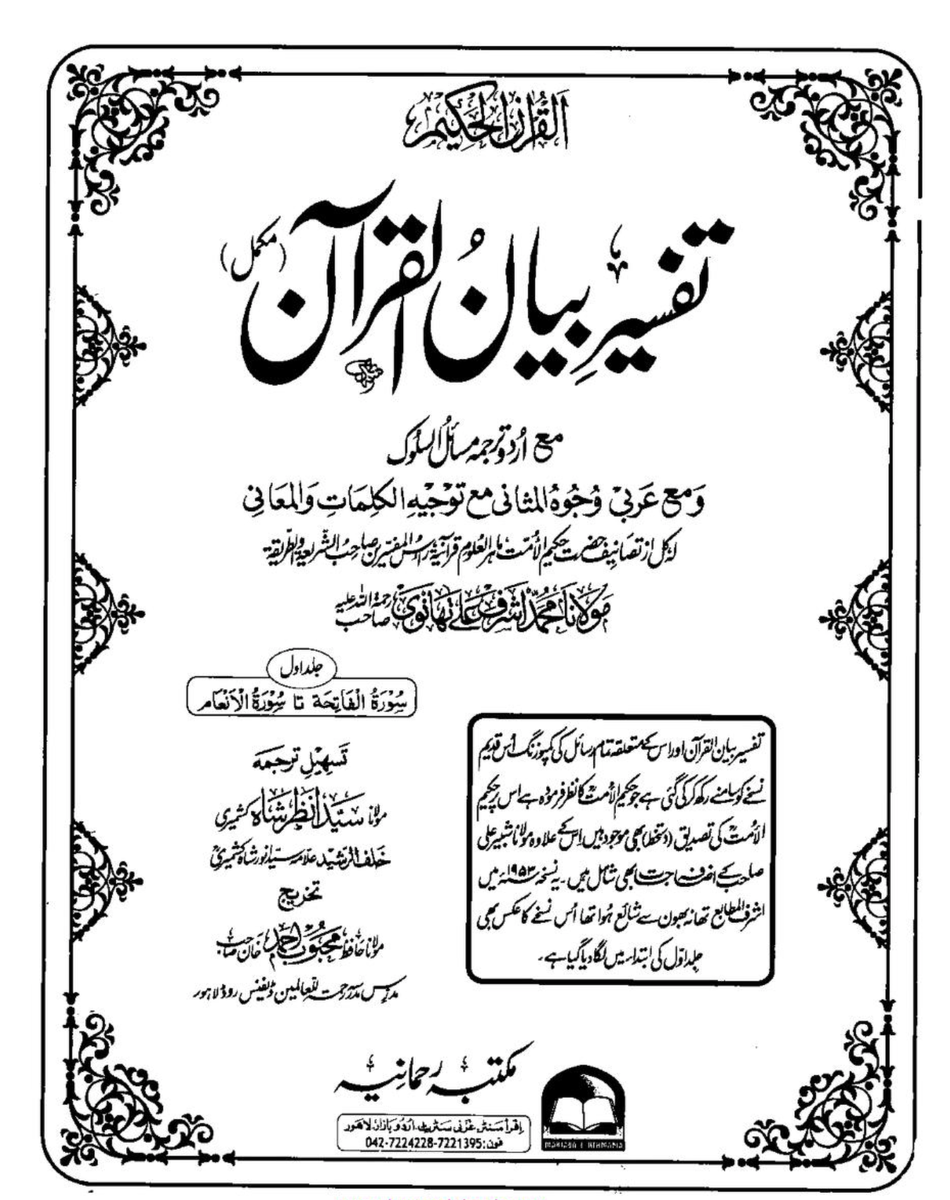

Maqbūl Aḥmad Dihlavī was a renowned translator and his Tahdhīb al-Islām, translation of Majlisī's Ḥilyat al-muttaqīn remains a popular Urdu work on #Shii etiquette, ritual and practice 3a/ 

From the turn of the 20thC translations and commentaries (often beginning as notes to the translation) proliferated: Sayyid Ghulām Muḥyīddīn Ḥusaynī better known as Abū-l-Kalām Āzād (188-1948) and his four volume Tarjumān al-Qurʾān was one prominent and scholarly work 4/ 

From that period, two were prominent and voluminous: Tafsīr-e Mājidī by the intellectual (and ex-atheist) ʿAbd al-Mājid Daryābādī (1892-1977), and Tafsīr Bayān al-Qurʾān of Ashraf ʿAlī Thānvī (1863-1943), the leading Deobandi and Sufi figure of the pre-independence period 5/ 



Daryābādī's autobiography is a wonderful account of the early 20thC #Urdu learned culture and its struggles with philosophy, colonialism, Darwinism etc - and there is an excellent study of his thought in Margrit Pernau's new book 5a/ 


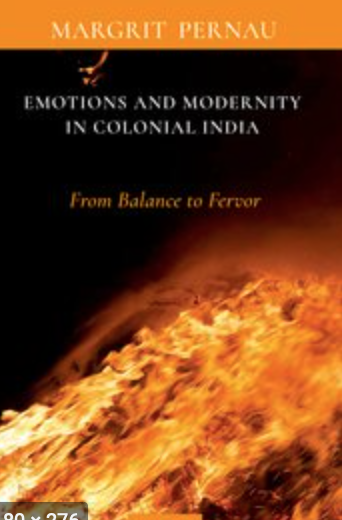
Thānvī is a huge figure and was highly prolific - there is this work by Zaman but we are all looking forward to @alialtafmian book - here is the tafsīr archive.org/details/Tafsee… 5b/ 

After independence a number of important works appeared: Tadabbur-e Qurʾān of Amīn Aḥsan Iṣlāhī (1904-1997) published in 9 volumes in 1961, on whom Mustansir Mir has written extensively 6/ 

Maʿārif-e Qurʾān by the leading Deobandī in the new Pakistani state, Mian Muḥammad Shafīʿ (1897-1976), who starting giving exegesis classes on Radio in 1954, and completed the written work in 1972 published in 8 volumes 7/ 
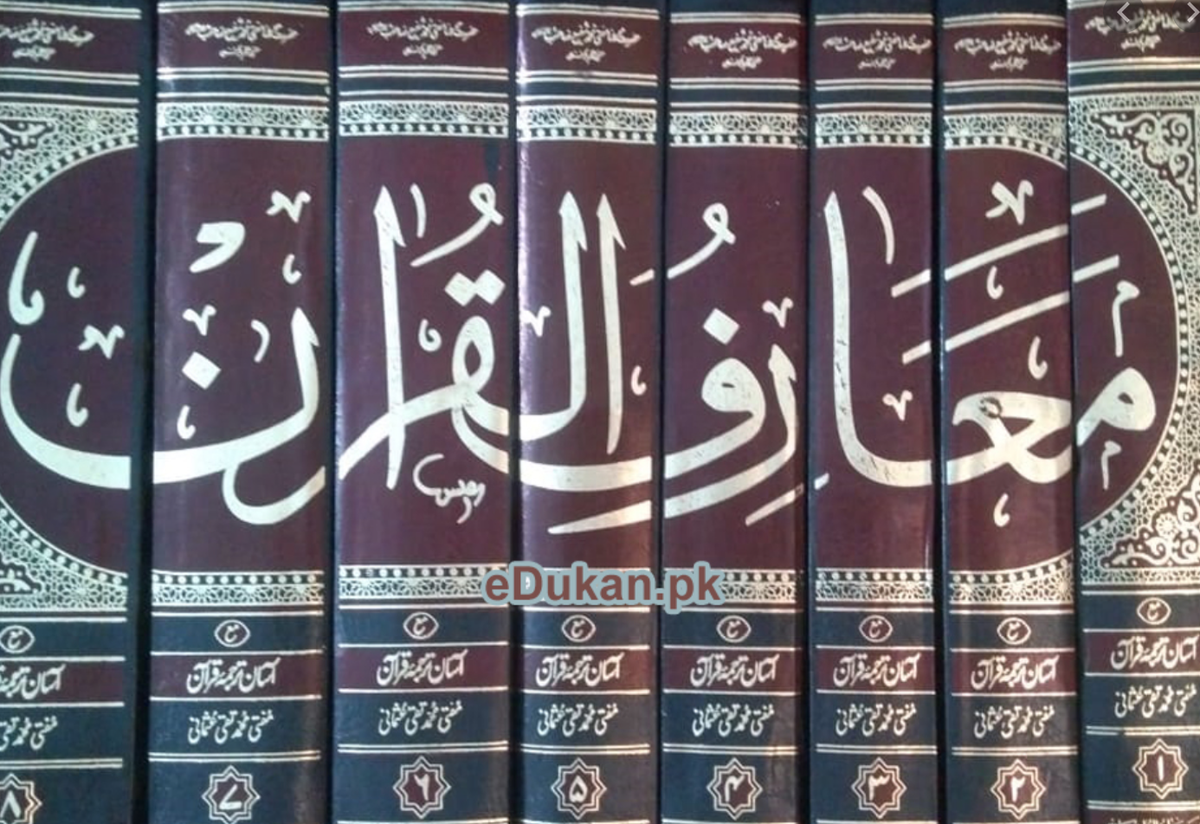
This is a highly influential #Sunni exegesis and there is a useful study by Mir 7a/ 



very odd - looks like half the thread didn't make it!
• • •
Missing some Tweet in this thread? You can try to
force a refresh










